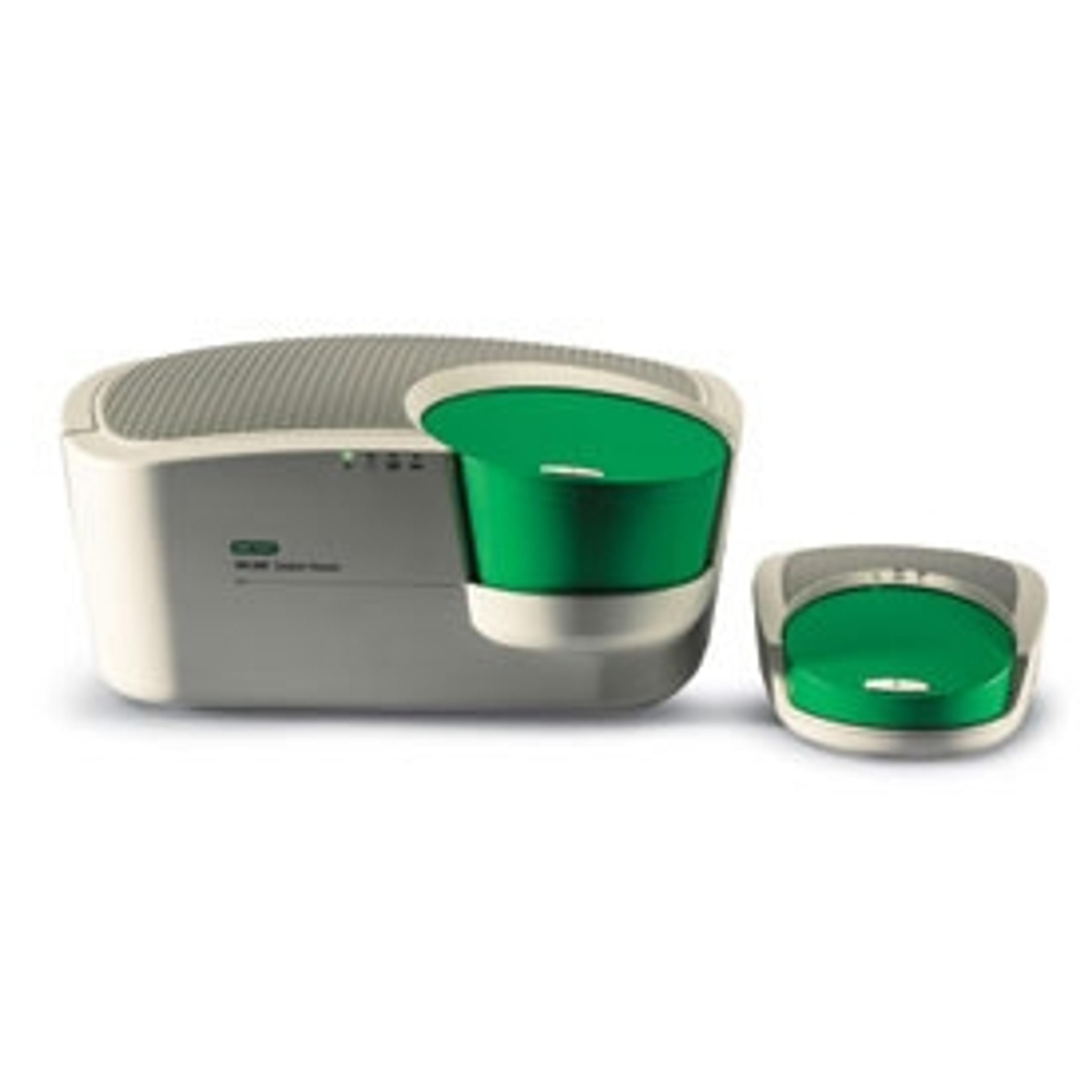Precision Medicine - Different Routes, One Destination
Learn about the different approaches that scientists are taking towards precision medicine
9 Sept 2018

1. Practicing Precision Medicine at Decisive Moments
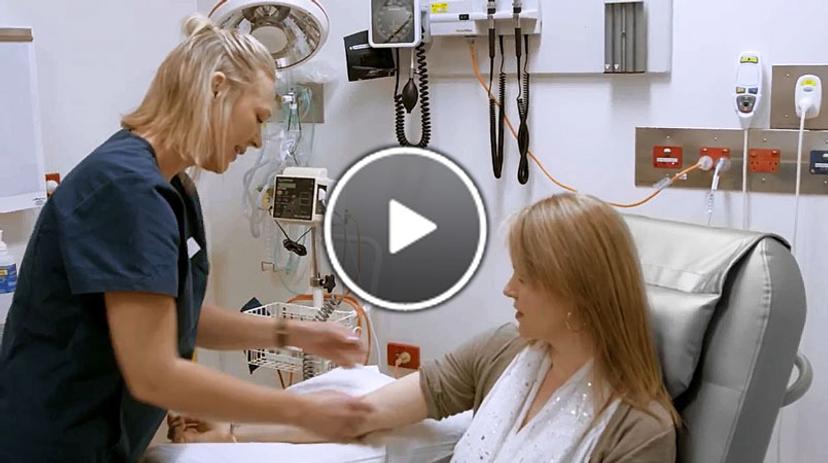
Personalized treatments for cancer are multiplying. As they multiply, so do clinical questions, such as: Which targeted therapies will be most effective? Have the first signs of a relapse begun? When does a tumor become resistant to the current protocol? In this video, discover how Droplet Digital PCR technology, which can be utilized for the absolute quantification of nucleic acids, is being utilized for clinical applications.
2. Testing Specific Drug Combinations for Individualized Cancer Cells
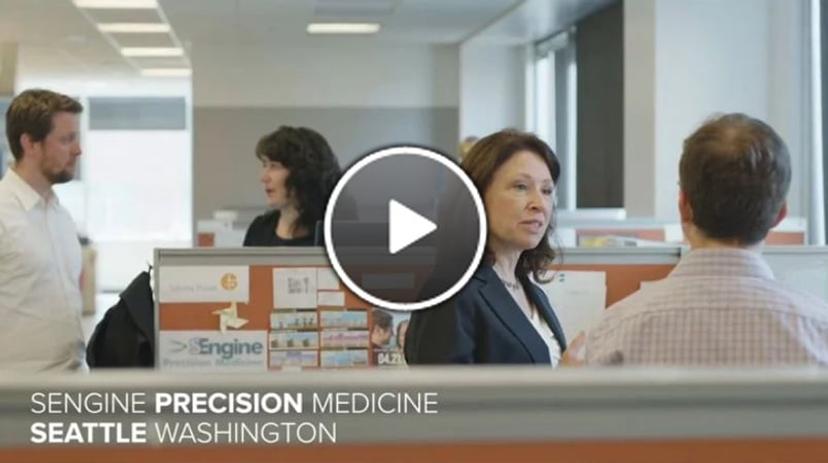
Dr. Carla Grandori and her team at SEngine Precision Medicine describe their goal to target and find specific vulnerability of individualized cancer cells, by using the Echo acoustic liquid handling technology to test drug combination treatments and provide meaningful recommendations to oncologists.
3. The Future of Precision Medicine: Proteomic Analysis by Mass Spectrometry

Dr. Jennifer Van Eyk describes the importance of proteomics for precision medicine. She speaks about the impact that mass spectrometry has on clinical labs, and provides insights into how remote monitoring and molecular phenotyping can influence patient care.
4. The Road to Precision Medicine Begins with Simple, Robust Methods
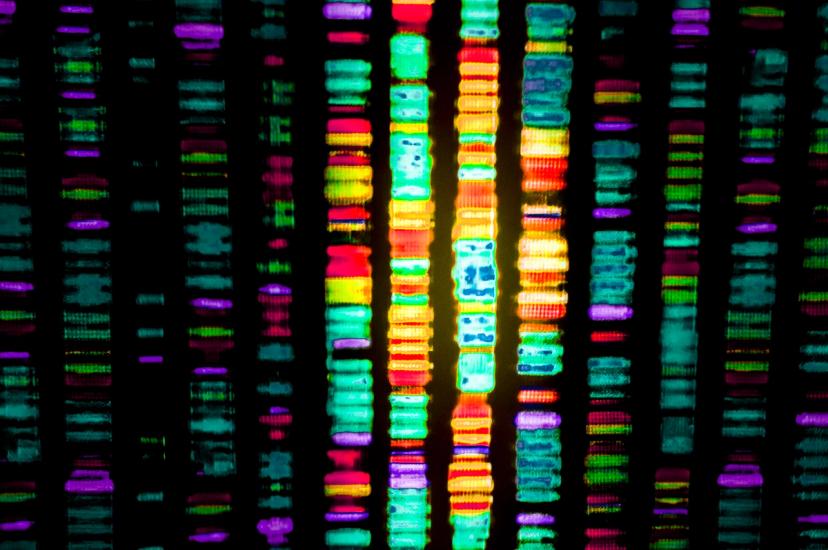
In this SelectScience® interview, we speak with Michael Bianchi, senior lab manager at Empire Genomics, a company specialized in providing genomics services with the overarching goal of making personalized medicine a reality in the near future. Bianchi takes us back to the fundamental foundation of successful genomics research – an optimized protocol.
5. One-in-a-Million: How to Successfully Isolate a Single Cell

In applications such as RNA-seq on a rare tumor sample, scientists often pursue the distinct data clarity obtained from the analysis of a single cell versus that of a cell population. Traditional methods to isolate a single cell employ dilution. The expectation is that the more we dilute a dense cell suspension, the higher the chances are of obtaining a single cell in a single drop when dispensing the dilution drop by drop. In reality, cells are distributed based on Poisson’s law i.e. a majority of the diluted drops will contain no cells at all, thereby drastically reducing the success rate of an experiment. In this SelectScience® interview, we speak with Guilhem Tourniaire, scientific and managing director at Cellenion, who shares just how easy – and reliable – single-cell isolation can be with the right choice of technology.
6. Catching Cancer Early – Advanced Analysis of Key Biomarkers in Urine
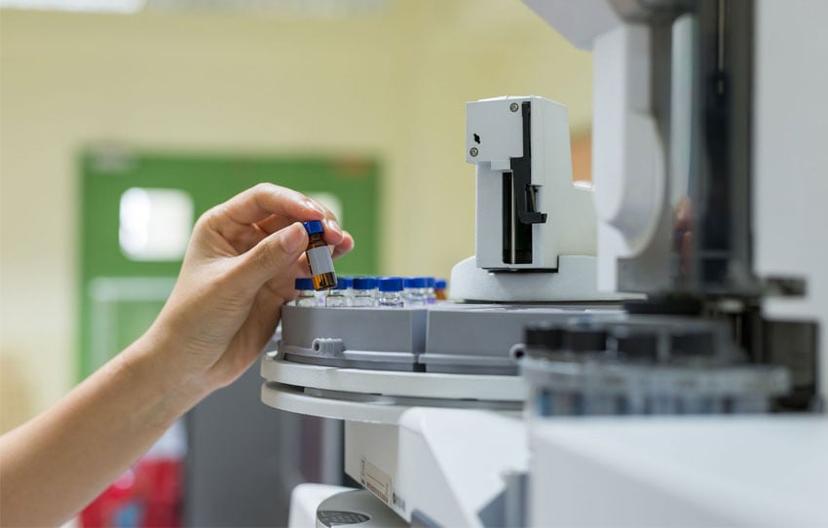
Dr. Ginger Milne and her team at Vanderbilt University Medical Center are specialists in the measurement of a group of fatty acid derivatives called eicosanoids (and their metabolites) in a variety of matrices, including blood and urine. Using LC-MS, the lab performs 16 validated, highly precise and sensitive mass spectrometry assays.
7. A Paradigm Shift in the Management of Traumatic Brain Injury
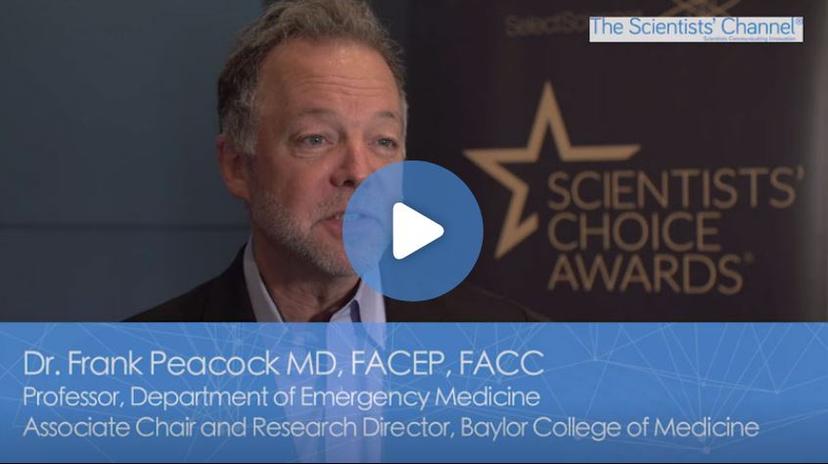
Current diagnostic regimens for patients who have suffered trauma to the brain are lacking. Whilst some present with visible lesions on CT scans, others do not — yet may still suffer from life-limiting symptoms many months or years after the event. In this video, Dr. Frank Peacock discusses the novel finding that a simple blood test could help identify those patients, and enable clinicians to better manage the condition.
8. Biomarkers for Improved Diagnosis of Myocardial Infarctions
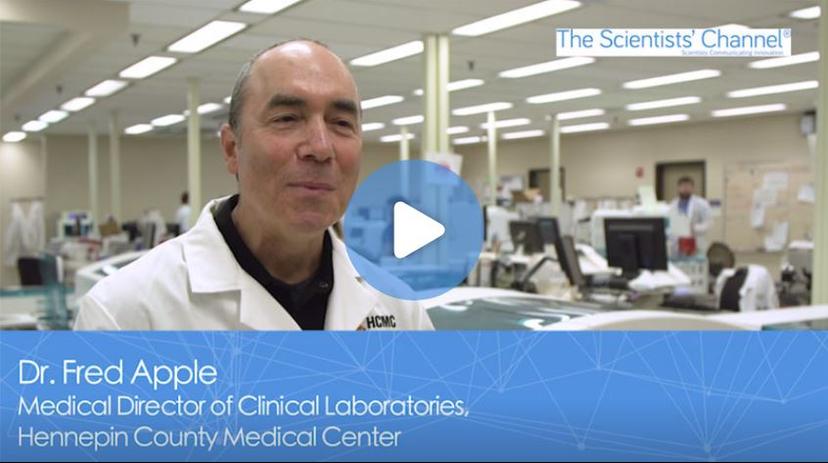
Cardiac troponin is a marker of cardiac injury, enabling clinicians to aid in the diagnosis of myocardial infarction. Dr. Fred Apple, Director of Clinical Laboratories at Hennepin County Medical Center, Minneapolis, describes how new IFCC recommendations and guidelines — for implementing high-sensitivity cardiac troponin assays — will improve cardiac triage and patient outcomes worldwide.

